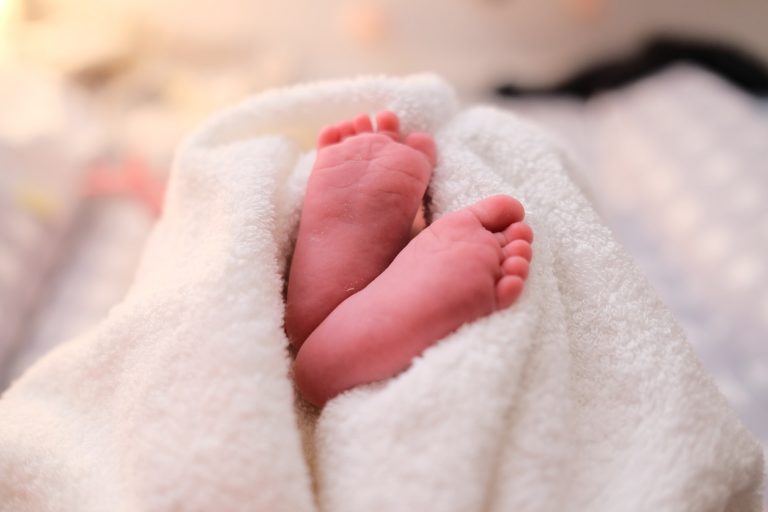If you are someone who is considering egg donation, it’s likely you’ll want to find out everything you can about the process and its implications on your life. Unfortunately, not everyone who wants a child is able to have one. Your incredibly generous donation can help those who have been trying to achieve their dream of starting a family. You can change the lives of a person or couple, as egg donation can be a highly successful fertility treatment for people struggling with infertility.
Story Stages
Who needs donated eggs?
There are many reasons why people may choose to use donated eggs. The reason is personal for each individual or couple. Those who may need donated eggs include, but are not limited to:
- Women who have gone through medical menopause
- Women who have had a hysterectomy
- Women who have had their ovaries removed (perhaps as a result of tumours or cysts)
- Women who have undergone cancer treatment
- Women who are at high risk of passing on genetic diseases to their offspring
- Women with medical conditions (like Turner’s syndrome, premature ovarian failure) that mean they are unable to produce eggs themselves.
Can anyone donate their eggs?
Unfortunately, not everyone is an ideal candidate for donating their eggs. There are certain requirements that must be met before egg donation can take place. The donor needs to:
- Be aged between 18-35 years old
- Have a good ovarian reserve
- Be free of serious medical problems
- Be free of transmittable diseases
- Some clinics also require a healthy BMI
Do egg donors get paid?
Currently, according to the Human Fertilisation & Embryology Authority (HFEA), egg donors can get compensation of up to £750 per donation cycle to cover their costs.
What happens during the egg donation process?
If you choose to go ahead and donate your eggs, your health will be assessed in the first instance. Screening for genetic diseases will be carried out before donation goes ahead. You will need to disclose your medical history, and details of any serious mental or physical illnesses in your family.
Additionally, you’ll be offered counselling which can be really useful in helping you to consider all aspects of egg donation and how it might impact you, both in the short-term and in the future.
The process of egg donation is very similar to the process for IVF. You will be given medications to suppress the normal hormone cycle, followed by fertility drugs. You will need to inject these daily (usually into your belly) to increase the number of eggs your body produces. A few days before egg collection, you’ll be given a trigger dose to mature the eggs ready for collection. Once the eggs are fully matured, they will be collected under general or sedation. This is done using a needle that is passed through the vagina and into the ovary using ultrasound guidance. The procedure itself takes up to 30 minutes.
Risks of egg donation
All medical procedures carry some risk. The risks of egg donation are similar to those of IVF treatment. There is a risk of ovarian hyperstimulation as some women are extremely sensitive to the fertility drugs used. Although very rare, there is also risk of pelvic infection, and of the needle puncturing another organ. Treatment for these is usually the administration of antibiotics.
Can I find out who is using my eggs?
Although your fertility clinic will take your personal information, no details that could be used to identify you will be provided to potential egg recipients. The process between egg donor and egg recipient is completely anonymous. However, you should know that once donor-conceived children turn 18, your details will be made available to them, and they could share them with the egg recipient. This is their legal right. It is important to remember that as an egg donor, you will have no rights towards any donor-conceived children at any point.
Finding a clinic for egg donation
If you are considering egg donation in London, there are many excellent clinics with world-class fertility specialists to choose from. It’s important to not only consider your chosen fertility doctor’s qualifications and experience, but also the location of the clinic, and whether you feel comfortable with the team. If you’re feeling ready to take the first step, it’s time to book an egg donation consultation with your chosen clinic.
We wish you the best of luck in your egg donation journey.
